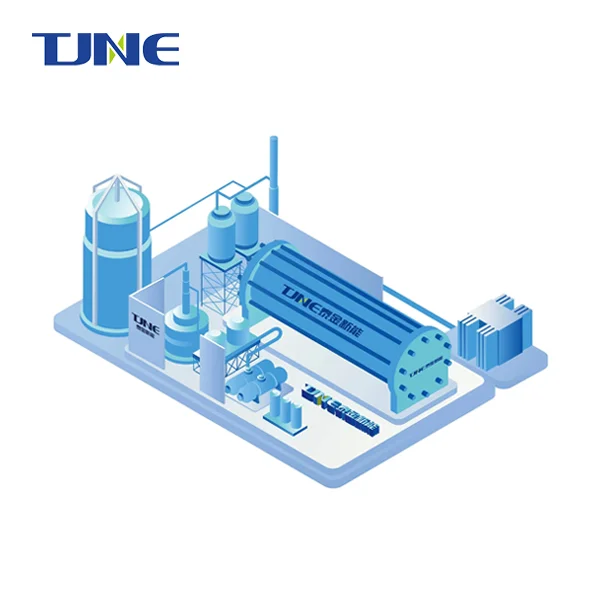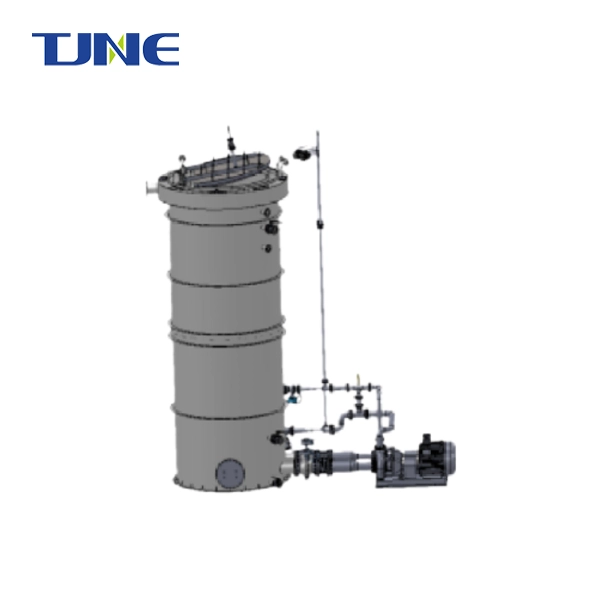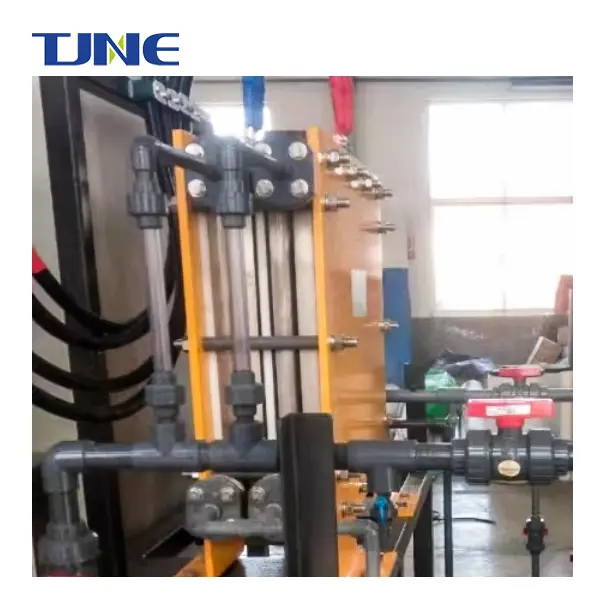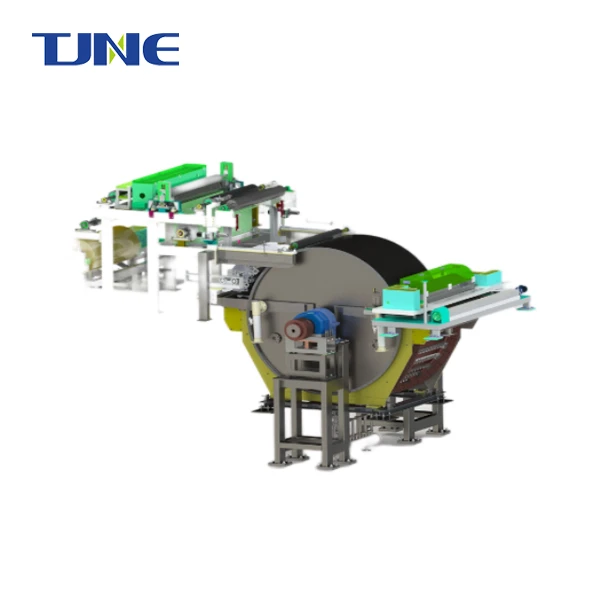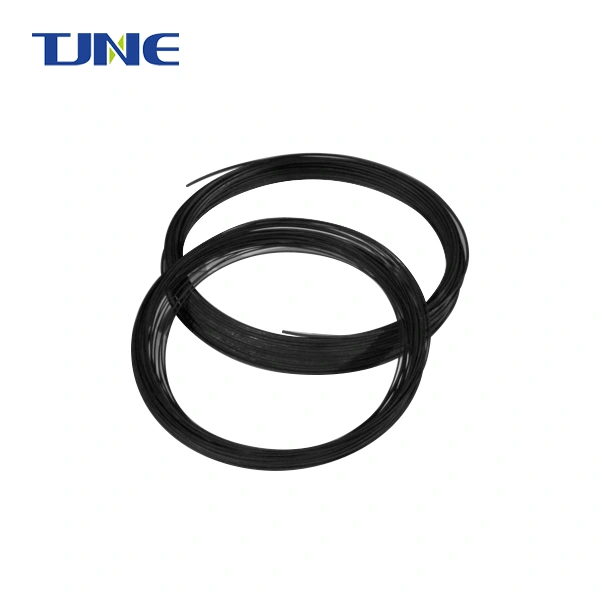Hydrogen as a protean and clean energy carrier has attracted a lot of attention in the hunt for sustainable energy results. Electrolysis, the process of blistering water into hydrogen and oxygen using an electric current, plays a central part in hydrogen production. The selection of the most suitable electrolyzer is pivotal for effective and sustainable hydrogen production in colorful artificial and energy operations.
The Types of Electrolyzers for Hydrogen Production:
A. Alkaline Electrolysers
Alkaline electrolysers work with a liquid electrolyte (usually potassium hydroxide) and are characterized by their robustness and long-term commercial presence. They offer high efficiency and scalability, making them a viable choice for industrial hydrogen production. However, their operational flexibility is limited due to the high purity water required and sensitivity to rapid load fluctuations.
B. Proton Exchange Membrane (PEM) Electrolyzers
PEM electrolyzers utilize a solid polymer electrolyte membrane to facilitate the electrochemical reactions, offering the advantages of compactness, rapid response times, and high efficiency. While PEM electrolyzers exhibit excellent dynamic performance and can operate with impure feedstocks, their cost and durability remain areas of active research and development.
C. Solid Oxide Electrolysis Cells (SOEC)
SOECs represent an emerging technology that enables high-temperature electrolysis, offering the potential for co-electrolysis of steam and carbon dioxide to produce syngas or other valuable chemicals alongside hydrogen. Operating at elevated temperatures, SOECs can achieve high efficiencies and are compatible with heat integration from various industrial processes.
Considerations for Selecting the Best Electrolyzer:
A. Efficiency and Energy Consumption
The electrical efficiency of an electrolyzer significantly influences its overall performance and cost-effectiveness. Achieving high efficiency contributes to minimizing the environmental impact and reducing the overall cost of hydrogen production.
Case Studies and Industry Applications
Numerous industrial deployments showcase the practical application of electrolyzers for hydrogen production across sectors such as chemical manufacturing, energy storage, and mobility. Real-world case studies provide valuable insights into the operational performance, economic feasibility, and environmental benefits of utilizing different types of electrolyzers in diverse industrial settings.
In conclusion, the selection of the best electrolyzer for hydrogen production encompasses a multifaceted evaluation of efficiency, durability, scalability, and commercial viability. Alkaline, PEM, and SOEC electrolyzers each offer unique advantages and considerations, catering to specific industrial and energy needs. Technological advancements and ongoing research initiatives continue to propel the evolution of electrolyzer technology, shaping the future of clean hydrogen production.






